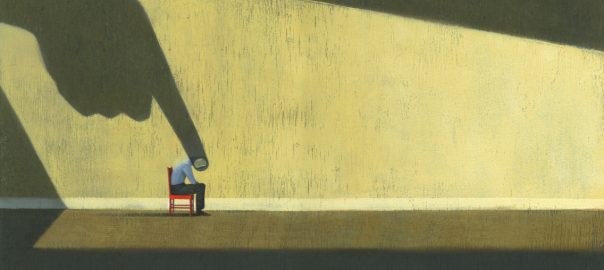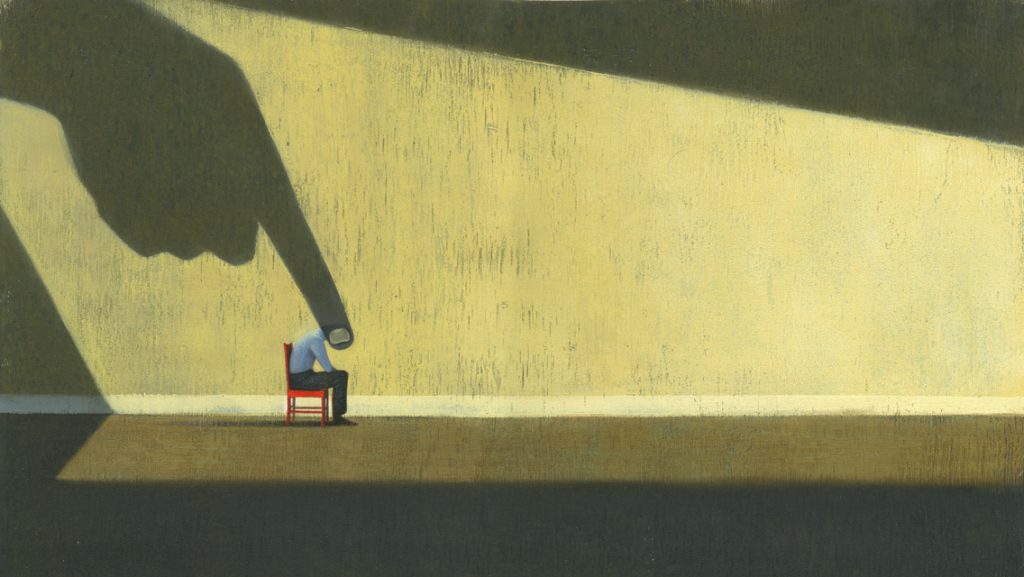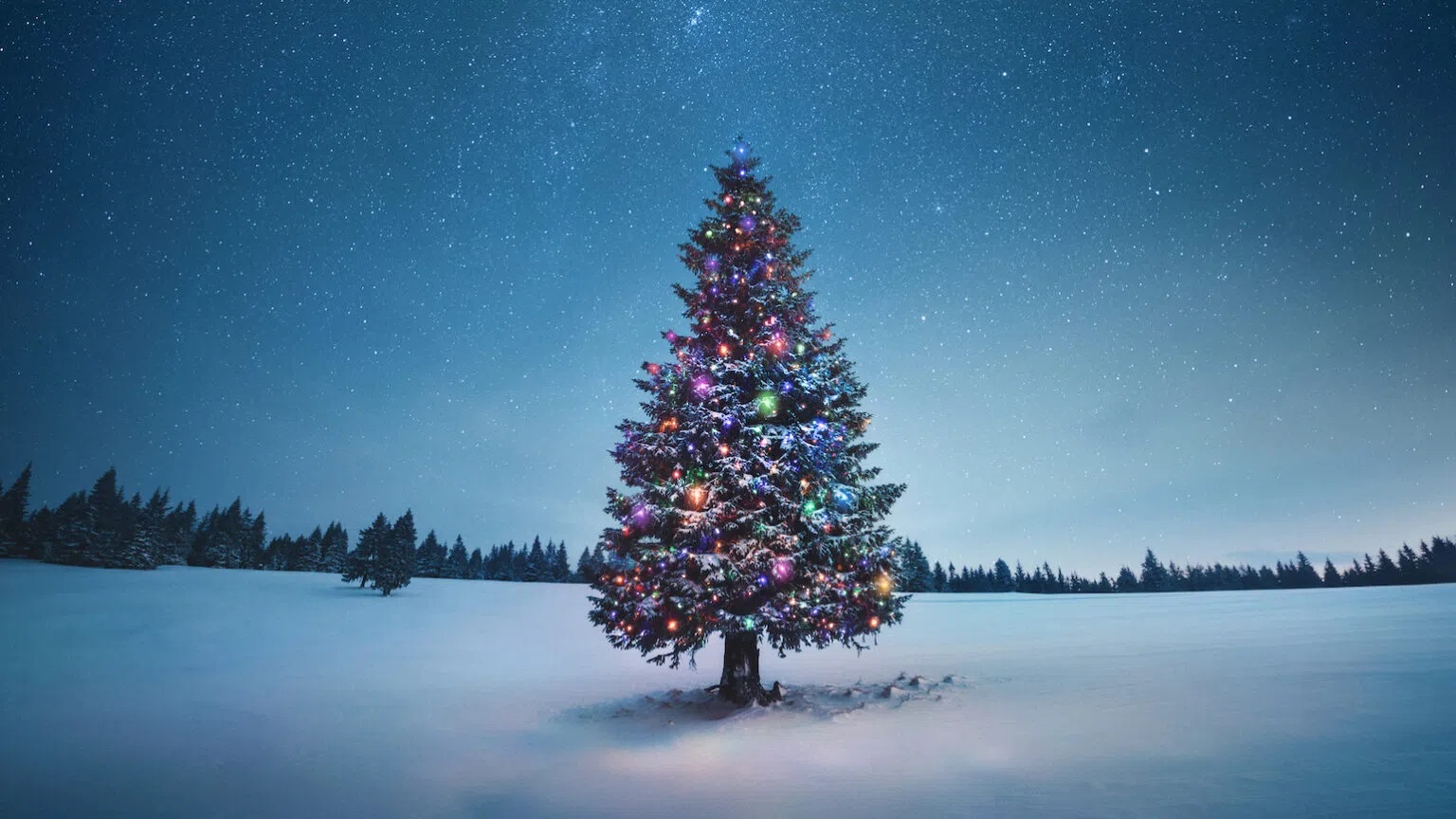The gospel reading for today contains a passage so common, so popular in Americana you could probably name it in a lineup. Which verse from John 3:14-21 would you say, is the big one? John 3:16, of course. John 3:16 pops up seemingly everywhere.
If you went to Sunday School as a kid, you probably learned it there. If you attended Bible camp growing up – you probably memorized it. The verse is on billboards along highways. It appears on social media as a meme, complete with a cross on a hill during sunset. In our culture, whether we are Christian or not, John 3:16 simply cannot be ignored.
According to biblegateway.com it is the most searched for and read piece of scripture on their website. It ranks #1 in biblical search history for every year they’ve kept track, save one.
I bet many of you could say John 3:16 right along with me. Let’s try…”For God So loved the world…He gave his only son, that whoever believes in him will not perish but have everlasting life.”
For God So Loved
The downside for language so well-known is we might conclude we’ve got it down. That there is nothing new here, time to move along. Perhaps a preacher’s biggest challenge, with a text like this, is to keep the congregation awake. With that goal, good people of St. John’s, I shall try 😊.
There are multiple ways to approach this passage. We could walk through all eight verses, line by line. We could pair John 3:16 and its lesser-known sibling, verse 17, dissecting how the two inform each other. We could highlight the verse itself. Martin Luther calls the two dozen words John 3:16 contains “the gospel in miniature.” Why? Because it summarizes the good news so well.
To take it one step further, today I’d like to drill down to just six of those words:
FOR GOD SO LOVED THE WORLD.
Arguably it is God’s love for the world that ties all of scripture together. Love led God to walk alongside Adam and Eve in the garden, desiring relationship with them, and us, in the beginning. Love stirred God’s heart to release the Israelites from captivity, giving them hope of a promised land. God’s love breathed into Ezekiel’s valley of dry bones, turning death and destruction into new life. Love led our Creator to take human form, through Jesus the Christ, showing us what divine love looks like in the flesh. Love led Jesus to the cross, to cover our human brokenness once and for all. Love rose from the grave, proclaiming once and for all that God’s story lives on.
Let’s consider the implications of those six words, For God So Loved the World. Where might this phrase lead?
Love Doesn’t Pick Teams
First, For God so loved the world, God doesn’t pick teams, or tribes or favorites. God loves the whole earthy ball of wax. The original Greek for world is kosmos. Think of how broad our cosmos is. It spans everything. And God loves it all.
If you’re a fan of the –
– Iowa State Cyclones
– Iowa Hawkeyes
– Northern Iowa Panthers
– Went to another college,
– Even the Luther College Norse
– Or no college at all, this God so loved starting point covers you.
Pastor Stephanie tells me she’s a fan of the Houston Cougars. The Cougars happen to be the #1 team in men’s basketball right now, over our fellow Big 12 conference darlings the Iowa State Cyclones, who are #6. Though we pastors disagree the verdict is in: Pastor Stephanie, God’s love is for you.
If you’re –
– Christian,
– Jewish,
– Muslim,
– Buddhist,
– Hindu,
– or have not religion at all, yep,
God deeply loves you.
If you’re –
– black,
– brown,
– white,
– or some hue between,
I hope it’s clear.
God so loves you.
Love Is For All
It doesn’t end there. God’s love for you goes far beyond mere demographics. God’s love covers the innermost being of who you are, and what you have done.
If you –
– can’t hold down a job,
– are addicted to drugs, carbs or booze,
– find yourself unhoused, living on the streets,
– broke, hungry, without,
– even if you stole a car from the church parking lot,
the same is always true.
God loves you.
God loves you.
God loves you.
Love Gets Involved
As amazing as that is, there is more good news to share. For God so loved the world, God did something. God didn’t just sit back and say hey, I love you and send you on your way. Instead, when the story of humanity went awry God got those hands dirty, got involved in our day to day. John 3:16 says so: God sent his only Son here, so that we may have life. Jesus busied himself here with teaching, showing, and doing, in human form, modeling what it is to be in right relationship with God. Modeling what it is to be in right relationship with each other.
And because of that, we have been called to join in God’s work, loving all of God’s children, without exception. Just as God so loves us.
Love is Now
Last month, at our February annual meeting, St. John’s voted to become a Reconciling In Christ congregation through an organization called Reconciling Works. At the heart of this new-to-us identity is a now ratified welcome statement. Our new welcome is inclusive of the LGBTQ+ community and so many more oft marginalized groups. The core of this statement says that:
We affirm, love, embrace, and invite all people in celebration of race, color, gender identity and expression, sexual orientation, age, marital status, mental and physical abilities, cultural background, immigration status, education, and varied faith journeys. We respect and are committed to racial equality, anti-racism, and the promotion of social and economic justice.
The vote passed with a 98% approval rate.
The margin is clear. It is a mandate for us all.
To quote a favorite tv series title, This Is Us.
As Lutherans, In The City For Good, Here We Stand.
Earlier this week, at a gathering of our Reconciling in Christ Ministry Team, Pastor Stephanie and I listened as our members shared a veritable cornucopia of ideas about how we might now more fully live into this new welcome statement.
Should we focus more on advocacy? Our state continues to attack the freedoms of women, children, the LGBTQ+ community. Our state continues to under-resource mental health and affordable housing.
That is not up for debate.
These, unfortunately, are facts.
Or, should we focus more on service? One idea that came out of this gathering: we could serve unmet needs of the unhoused LGBTQ+ community. Or perhaps we could partner with Lutheran Services of Iowa and their efforts to resettle refugees?
With a big downtown building that goes largely unused most of the week, solutions to these issues and more can begin right here.
Our missional path likely includes a bit of both. Advocacy and service to neighbor go hand in hand. What that looks like in specific in the coming years? I invite you to get involved; the Reconciling In Christ team would love to have you join. We’ll find out, together, how God is calling us to reimagine our little corner of Des Moines, and beyond.
Close
Because if we believe the premise, that God so loved the world, it has some implications. And if we believe that God is still active in our world, working for the good of us all, it begs us to look around and get involved.
As Christ-followers it leads us to not build walls, but bridges.
As Christ-followers it calls us to not look out for us, but for them.
As Christ-followers it pleads for us to not protect the most of these, but the least.
Does God so love the world?
Do you truly believe that?
For if so, we have work to do. Amen.









